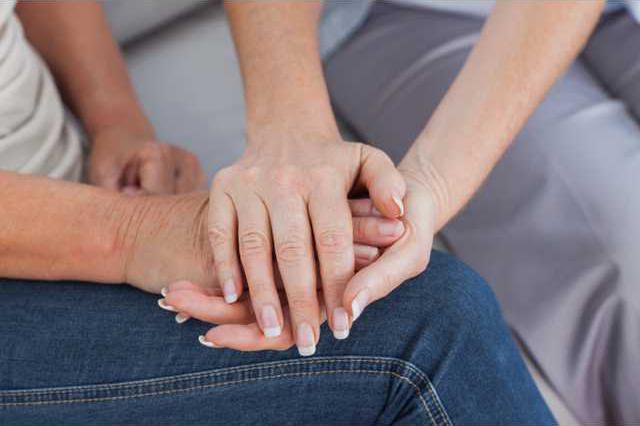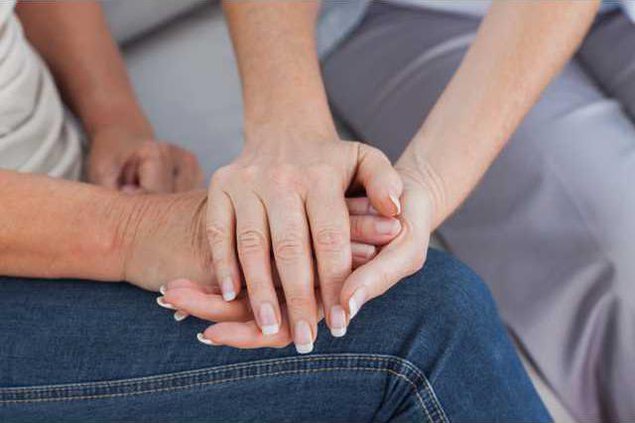The death of a loved one is difficult any time of the year, but during the holidays, grief can be overwhelming. Instead of being “the most wonderful time of the year,” it can be the most dreaded.
“Christmas amplifies grief,” said Steve Grissom, founder of GriefShare. “The holiday season that stretches from Thanksgiving through Christmas is typically filled with family gatherings and traditions. The loss of a loved one means that some traditions will end, creating new layers of loss that will need to be grieved.”
That’s a lot to work through. It’s difficult and it can be exhausting. But people who have been there say the sadness is inevitable, survivable and even therapeutic.
“It’s important to understand that you will experience many levels of grief in the weeks leading up to Christmas. This will understandably consume a lot of emotional energy, leaving you feeling drained. Because of this, it’s OK to scale back on commitments you would normally keep around Christmas. You simply are not going to have the energy to do everything you did in past years,” said Grissom.
“At the same time, you don’t want to cut yourself off completely from others. You need to be around people who will support and encourage you. While it’s fine to decline an invitation to a Christmas party, don’t become a recluse.”
What to do:
Take care of yourself:
Get adequate rest — but not too much — eat right and, yes, exercise. Exercise boosts endorphins that help to offset the drop in dopamine that is normal during winter’s shorter days. It’s a good mood lifter in any season, but exercise especially helps in winter. Ironically, colder weather tends to keep us sedentary when we need the movement the most.
Spend time with people:
It’s important to maintain your social network — even make new friends — during your bereavement. Studies show that we are happier with when we’re with other people. That’s doesn’t mean you won’t still be sad, but is does mean that you are providing yourself the support system that you need,. http://www.pbs.org/thisemotionallife/topic/connecting/connection-happiness
Support each other:
Often, people who grieve feel alone; many others are feeling the same way. Sometimes it helps to know that someone else understands. For example, www.griefshare.com maintains a list of thousands of support groups that meet weekly. Or for those grieving a child, Compassionate Friends hosts more than 600 candle lightings around the world on the second Sunday of December at 7 p.m. local time. Check their website to find a service near you. https://www.compassionatefriends.org/WCL_Misc/2014_services.aspx
Start new traditions:
Accept that things will be different now. Maybe start a new tradition of purchasing an ornament to remind you of your loved one or writing a letter to him or her — handwritten love letters have become rare. Writing also has therapeutic value. Dr. James W. Pennebaker of the University of Texas at Austin recommends writing about your deepest emotions four days a row without stopping for 20 minutes at a time. http://www.utexas.edu/features/archive/2005/writing.html
Shelly Norman has been attending an international candle lighting ceremony since the death of her son in 2004.
How to survive when you're the survivor: Dealing with grief during the holidays





